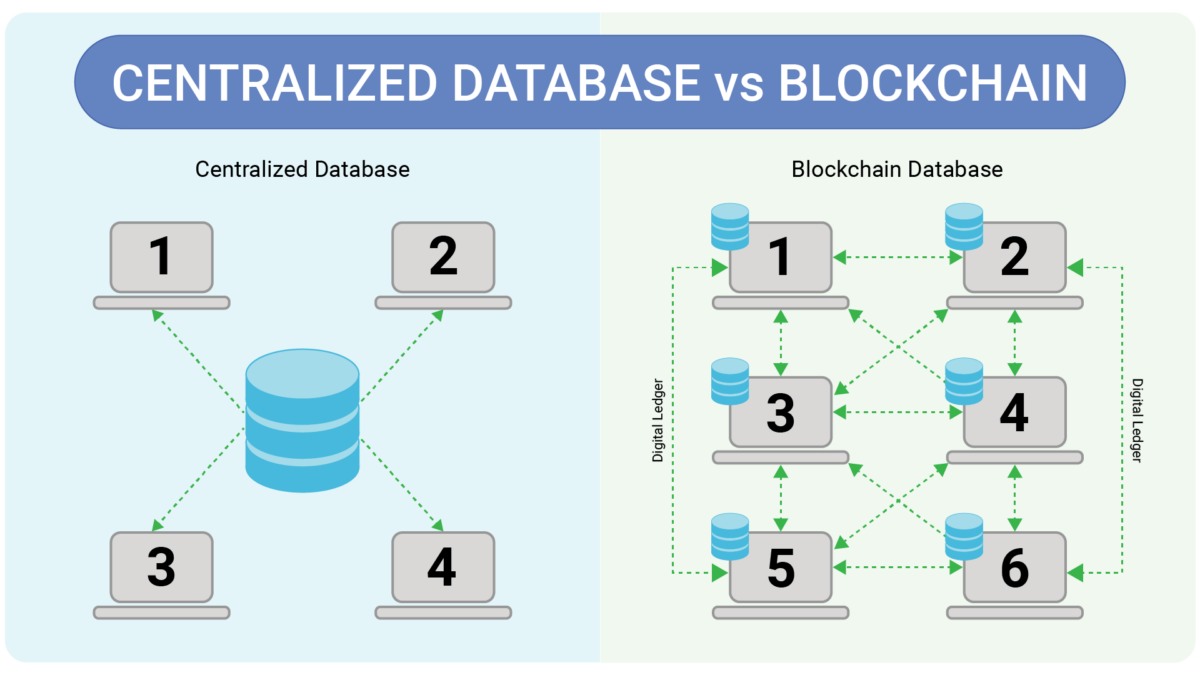ABCDou Insights
Exploring the world of news, trends, and information.
Blockchain: Building Trust One Block at a Time
Discover how blockchain technology is revolutionizing trust and transparency, one block at a time. Join the future of digital innovation!
Understanding the Basics of Blockchain Technology: How It Builds Trust
Blockchain technology is a decentralized digital ledger that allows for the secure and transparent recording of transactions. Its foundational structure consists of a series of blocks that contain a list of transactions. Each block is connected to the previous one, forming a chain. This interlinking not only ensures the integrity of the data but also enhances trust among participants in a network. When a transaction is added to the blockchain, it is verified by a network of computers (or nodes), making it nearly impossible to alter. This feature is essential in building trust, as it eliminates the reliance on a central authority and reduces the risk of fraud.
The transparency inherent in blockchain technology allows all participants to have access to the same data, fostering an environment of accountability. Each transaction is recorded in a public ledger that anyone can review, ensuring that no single party has control over the entire system. This democratization of data not only builds confidence among users but also stimulates collaboration by allowing parties to transact without the need for intermediaries. As organizations increasingly adopt blockchain for various applications—from financial services to supply chain management—understanding its basic principles becomes critical for leveraging its full potential in building trust and securing transactions.

The Role of Decentralization in Enhancing Transparency and Trust in Blockchain
Decentralization is a fundamental principle of blockchain technology, serving as the backbone for enhancing transparency and trust within digital transactions. Unlike traditional centralized systems that rely on a single authority, blockchains distribute data across a network of nodes, ensuring that no single entity can manipulate or control the information. This distribution not only mitigates the risk of fraud but also fosters a more open environment where all participants can verify transactions independently. As a result, individuals can trust the integrity of the data without needing to rely on a third-party intermediary, which is a significant advancement in promoting transparency in digital interactions.
Moreover, the decentralized nature of blockchain empowers users by providing transparency through immutable records. Each transaction is recorded in a public ledger that is accessible to all participants, making it easy to audit and track activities in real-time. This level of visibility not only builds trust among users but also increases accountability, as any discrepancies can be traced back to their origin. Ultimately, this shift towards decentralization redefines how we perceive and interact with data, aligning with the growing demand for trustworthy systems in a digital age where security is paramount.
How Blockchain is Transforming Industries by Establishing Trustworthy Transactions
Blockchain technology is revolutionizing industries by creating a framework for trustworthy transactions. Unlike traditional systems that rely on centralized authorities, blockchain operates on a decentralized network where every transaction is securely recorded on a public ledger. This transparency eliminates the need for intermediaries, thus reducing the risk of fraud and ensuring that parties involved can trust the integrity of the transaction. As a result, industries such as finance, supply chain, and healthcare are beginning to integrate blockchain solutions to streamline operations and enhance security.
For instance, in the finance sector, blockchain allows for faster and cheaper cross-border payments by removing the need for banks to process transactions. Similarly, supply chain management benefits from the ability to track the origin and journey of products, assuring consumers and businesses alike that goods are authentic and ethically sourced. As more industries recognize the potential of blockchain, its role in establishing trustworthy transactions will only continue to grow, fostering a more secure and reliable economy for everyone involved.